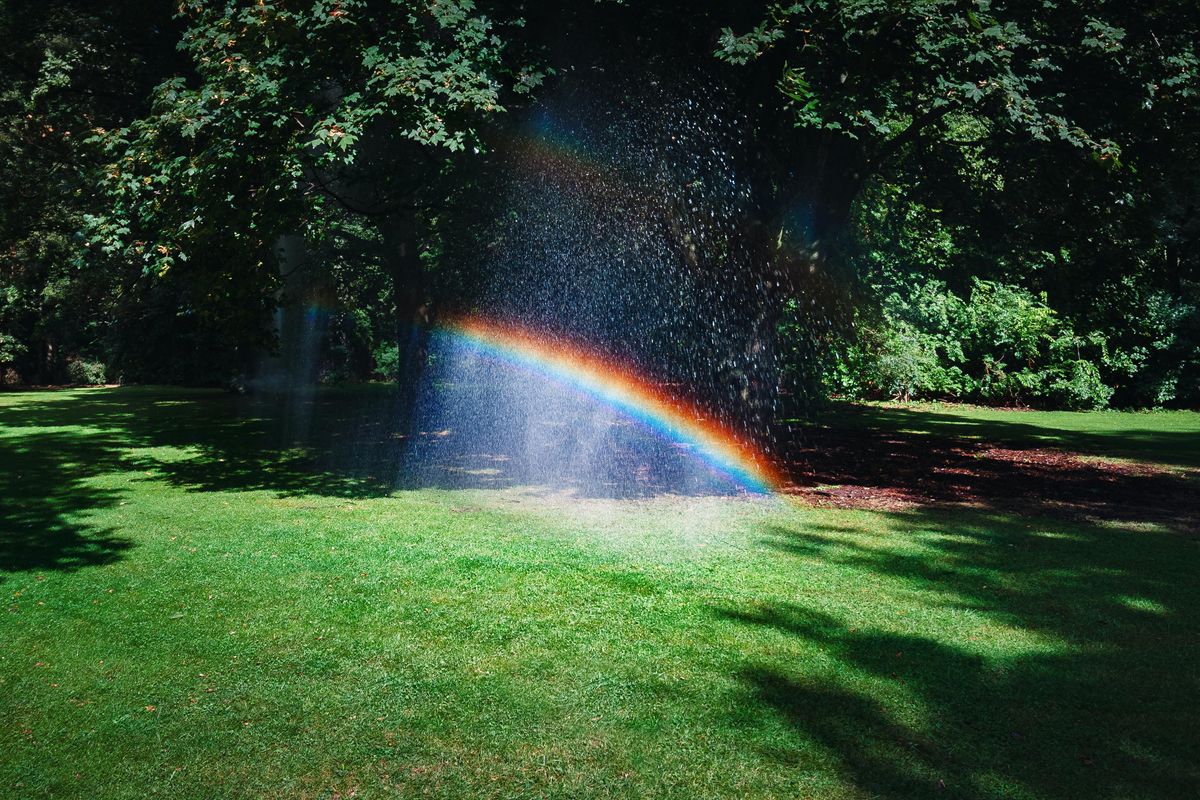Misogyny is a destructive knotweed among queer men
Progress for the LGBT+ community isn't on the cards until we address the virulent creeper in the room.

When it comes to gay and bi men's mental health, one of the biggest stumbling blocks we face is internalised homophobia and biphobia – likely from an early adoption of toxic behaviours picked up in the playground and carried on into adulthood.
Alexander Leon stated on Twitter recently that 'Queer people don't grow up as ourselves, we grow up playing a version of ourselves that sacrifices authenticity to minimise humiliation and prejudice. The massive task of our adult lives is to unpick which parts of ourselves are truly us and which parts we've created to protect us."
It's important to remember a key statistic here. Gay and bisexual men are four times more likely to attempt suicide across their lifetime than the rest of the population. Reasons for this are complex and studies are exploring the cause and effect of such high figures, looking at roles played by discrimination, substance abuse, access to healthcare, and isolation (particularly in more mature gay and bi men). These areas have all actively contributed to the decline in mental health we've observed in queer men, but I'd argue a greater focus needs to be placed on our understanding of gender expression if we're to get to the root of the issue.
From a very young age, I (like most other gay men) have been surrounded by highly stylised examples of binarized gender behaviour. Boys can do 'this'. Girls can do 'this'. And never the twain shall meet. But I learned early on that this wasn't necessarily the case for all people, and I realised that adhering to standards you don't believe in can be mentally exhausting.
We see it daily on the apps and dating sites. 'No camp' 'Straight acting only' 'No femme' 'Guys should look like guys'. I firmly believe this aversion to displays of femininity is inexorably linked to misogyny, and I'll be honest, seeing those 'disclaimers' in bios is the fastest way to tell the world you're a gigantic bigot and have a lot of learning you still need to do. It's not 'just a preference'; it's a broad stroke generalisation that does more damage to our community than you might initially realise.
Nobody is born homophobic. We learn these behaviours in home and school environments, and then eventually must 'un-learn' them as we realise the impact it's having on our ongoing mental health and the health of the wider LGBT+ community. We spend a lifetime modifying behaviours we feel only stand to further isolate us, but in doing so we forfeit the right to live unashamedly and authentically.
So how do we fix this problem? It's certainly not going to evaporate over night, and I'm of the opinion it requires a 'root and stem' approach. Like that damn Japanese knotweed, toxic masculinity runs deep. Call out negative patterns and rhetoric as it happens around you yes. But going further to address issues in education environments needs to be a high priority to disable the cyclical/generational nature of learned behaviour. Parents, teachers or guardians (however unwittingly) display a poor understanding of the fluidity and nuance of gender expression, and then reinforce dated tropes about manliness and womanliness amongst the next generation. The same generation then go on to become teachers, parents, guardians themselves, and continue to perpetuate the same harmful stereotypes about gender that serve no one.
As men (not just gay and bi men – all men), it's our responsibility to dismantle the systems that have kept us indifferent to our own mental health for so long. We need to hold each other accountable for the language that we use, and the way we interact with each other and the rest of the world. I have a suspicion that if you look at cases of domestic abuse/violence, sexual harassment, transphobia, homophobia and biphobia, you needn't look too far before you find evidence of toxic masculinity and misogyny floating around at the bottom of the barrel.


